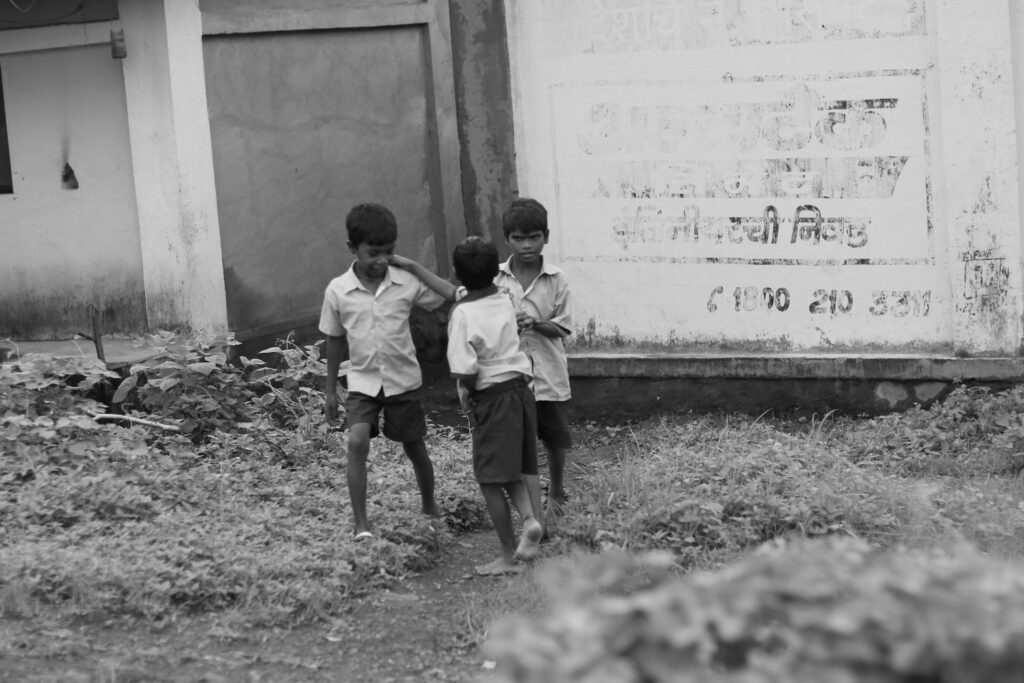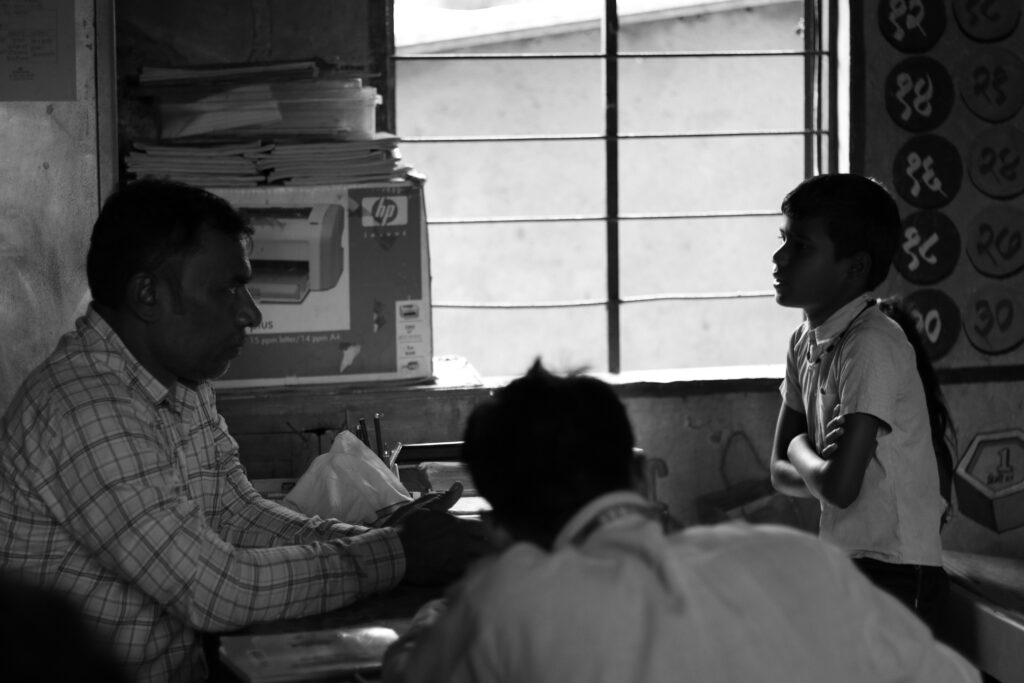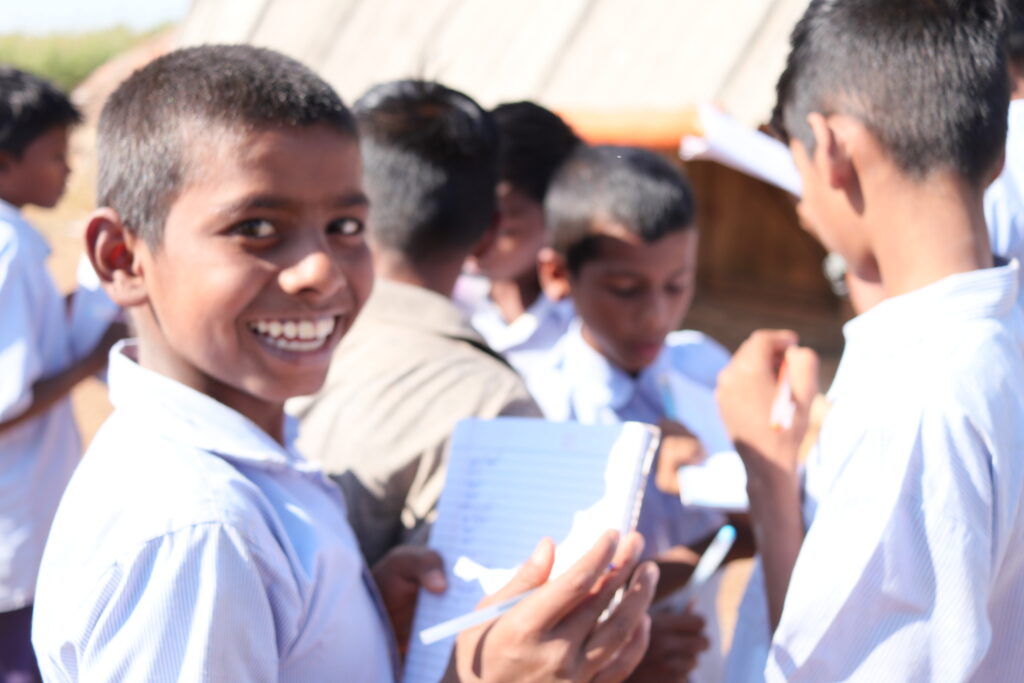Adivasis and the Importance of Education
Indian social refomers and social leaders have time and again insisted on the importance of education in personal, social and national development. Mahatma Jyotiba Phule has underlined the necessity of education in six simple lines.
विद्येविना मती गेली
मति विना नि ती गेली
निति विना गती गेली
गति विना वित्त गेले
वित्तविना शुद्र खचले
एवढे सारे अनर््थ एका अविद्येने केले
So there is no need to reiterate how important education is. However, considering the state the education of the downtrodden has reached today, it is important to stress upon this topic.
Today we can say that the progressive and upper classes in the society have understood the importance of education. The work of a visionary like Dr. Babasaheb Ambedkar also ensured that education reached the Dalit community. However, if we look at the downtrodden communities, we can observe that adivasi and nomadic communities stil have a long way to go as far as education is concerned.
Why are Adivasis lagging behind in education?
The horrifying statistics on the state of education in the Katkari tribe show that only 9 percent men in the community are literate, while the percentage amid Katkari women is barely 3 percent. Why is the situation in the community this miserable? On careful consideration, we would notice that the roots of this problem lie in the economic, social, geographic situation and a pessimistic mindset. That is why, the society and the government must strive to help these communities through optimistic approach and find appropriate solutions.
General understanding
When teachers, government officials or people in general talk about education among adivasis, you can often hear them complaining, “We have tried a lot for their literacy, development, but they do not cooperate with us.” Some also go a step ahead and say, “Afterall they are Adivasis! No matter what you do for them, they will stay the same… They will stay illiterate!”
The progressive people in the society often agree with them too. While many would believe this to be the truth, on introspection, we will realise that this is not the reality. It’s us who fall short of understanding this reality, or probably, we ignore it as well. Therefore we need to analyse what the ground situation is and take steps accordingly.
Why are Adivasis not getting educated?

Why are adivasi children falling behind in education? Generally speaking, the answer lies in poverty, lack of interest in school, apathy of parents towards education, migration and so on. If we look at these reasons through a holistic approach and ask ourselves who is responsible for these issues, we will realise that it’s the hundreds of years of exploitation, injustice, atrocities and slavery imposed upon these communities. (For many, the situation still hasn’t changed much.)
Thus, education has continued to remain the last of their priorities. Their mindset does not let them believe that even they could win or have a free will. In such a situation, how are they to be blamed for their indifference towards education that has stemmed from this pessimism and poverty? It is our failure that we do not ask ourselves these questions.
They have faced exploitation for ages. Now when we ask them to ‘get’ education, their pessimism and the trauma of exploitation make it difficult for them to ‘get’ education. This might, in fact, also come across to them as a new form of exploitation. And there is nothing unnatural in it. We cannot take it for granted that the mindset formed over a period of hundreds of years would change within merely 10-15 years. For this to happen, it is necessary that we create an environment of assurance and trust for them.
Even today, adivasis and other such communities struggle to find work in villages after harvest. Thus they are left with no other option but to migrate in search of work, along with their children. They call it ‘moving for a living. The poverty that they are enduring as a result of the traditional exploitation has confined them in a vicious circle of migrating for survival and neglect of education.
Which parent would not want for their children to get education? Who would want their children live a life of struggle and labour like they did? Which parent would not want their children to prosper? There are no answers to these questions. And that is why, it is very necessary that while looking at the educational woes of adivasi children, the society and the government agency must analyse their socio-economic and geographic background, their mindset and their material situation. Once they start reaping the benefits of education, the task will become much easier. Until then, we must not lose hope.
Shortcomings of schemes and their implementation
The Right to Education proved to be a major step in the educational development of downtrodden communities. However, such schemes and laws are not implemented with the required sensitivity and passion. The reason for this is also hidden in our social inequalities. The govenment has entrusted authorised school management committees and local governance bodies with the implemantation of these schemes.

However, we are all well aware of the efficiency with which these institutions function. These institutions do not seem to be taking any efficient measures to empower these committees. They think their duty is over once they take one or two routine training sessions every year. The organisations working for the education of the marginalised communities are often obstructed by keeping them running in a loop of seeking permissions. The government agencies would not do anything new, neither would they let someone else experiment.
Until the government officials/employees and people’s representatives do not let go of their arrogance and greed, the laws/schemes for the marginalised will remain merely on paper. The funds that are allotted for the same will keep getting swallowed, but the adivasis will stay as they are. There is a need to fundamentally change the way the society and government agency looks at the educational issues of the downtrodden.
The obstacles in education
The reasons mentioned in the article earlier about why adivasis are not getting educated are also the obstacles that they face. But apart from these, the lack of social, political and administrative will to get adivasi children to the school is also a major obstacle.
Other major hindrances also include the negative approach of the primary teachers and government officials towards the education of the marginalised, apathy towards the community, the shortcomings and flaws in the implementation of various schemes, etc.
Solutions
It is essential that we get rid of these obstacles in order to ensure that education truly reaches the marginalised communities. It is important to explain the importance of education and its benefits to this community and to create an atmosphere of trust and necessary facilities for the same.
At the adminstrative level, there is a need to shift the perspective of the government officials-employees so that they perform their duties with passion and honesty that emanate from a sense of social responsibility. Making learning a fun activity will help prevent children from dropping out of Zilla Parishad Schools. Teachers must be given as little non-academic work as possible. The government must seek assistance of the organisations that can help implement different schemes efficiently. Gram Panchayats must take up the responsibity to ensure that no child in their village stays out of school. Eduation should be a permanent subject of the Gram Sabha agenda.
Understanding that afterall adivasis are also an integral part of the nation and to give them education or do everthing necessary to make it available is a moral responsibility of each citizen as their development is integral to national development. When everyone starts working together with this understanding, only then will the marginalised obtain access to education.
Written by,
Pradeep Khairkar, AROEHAN.



